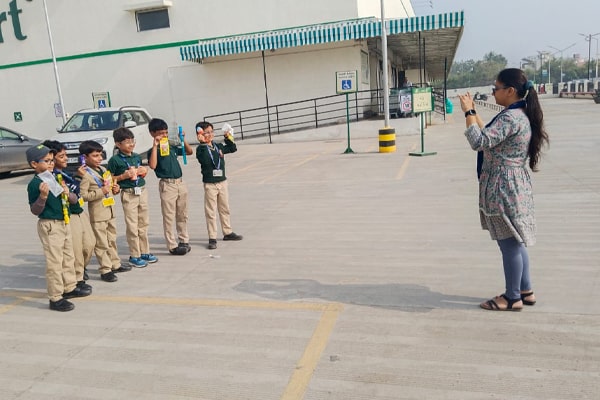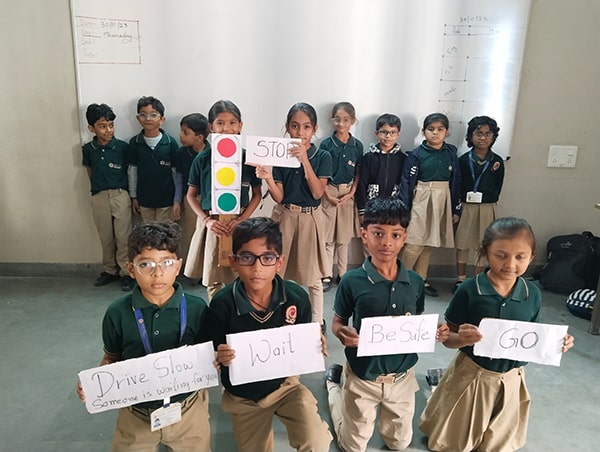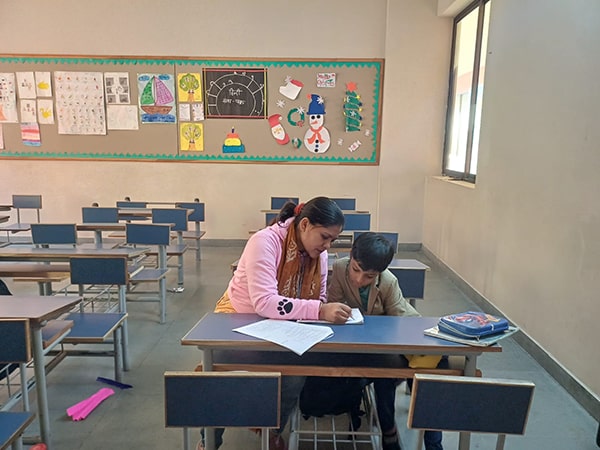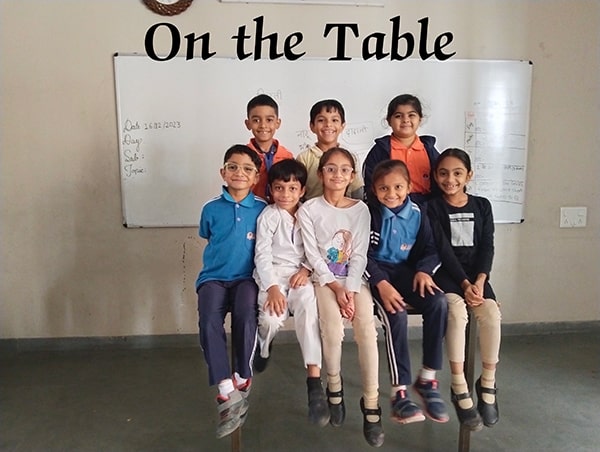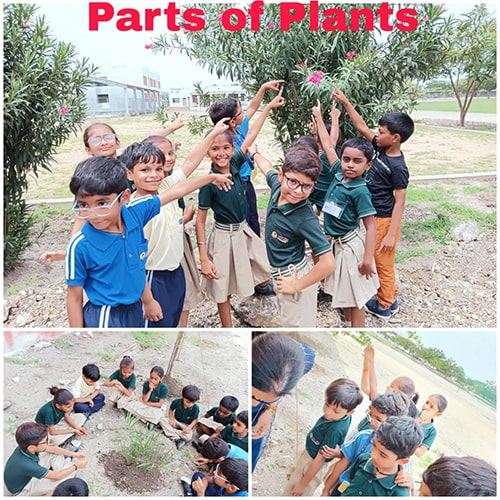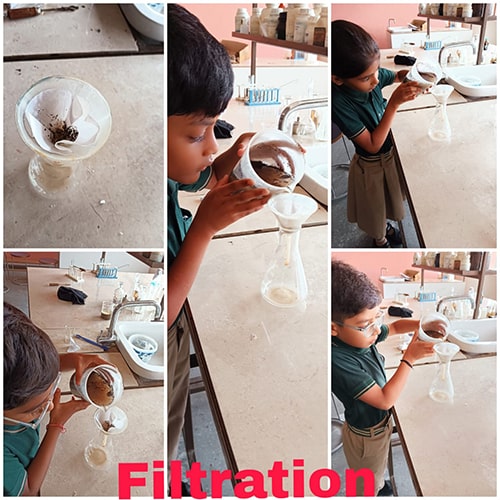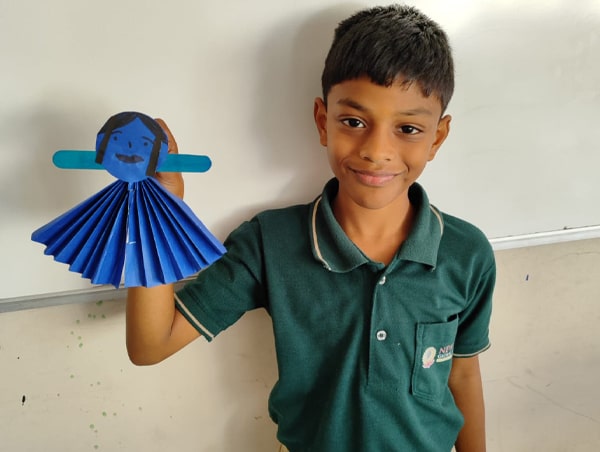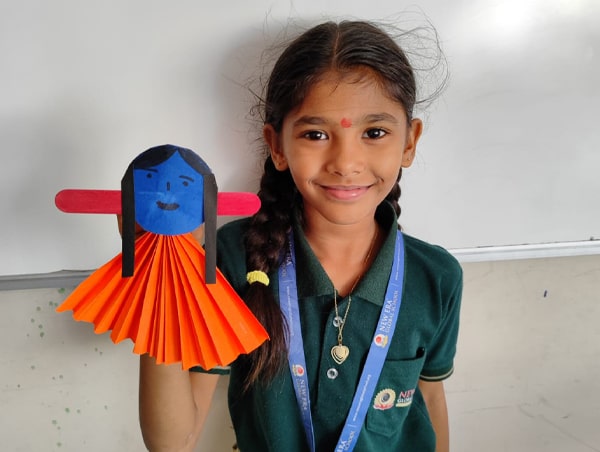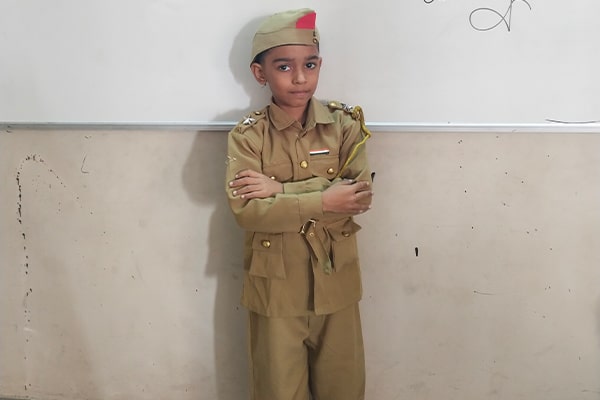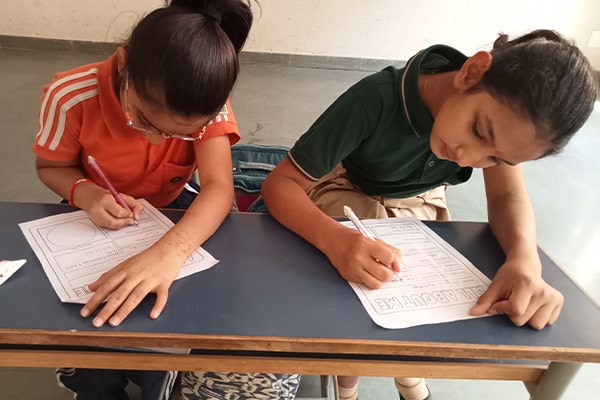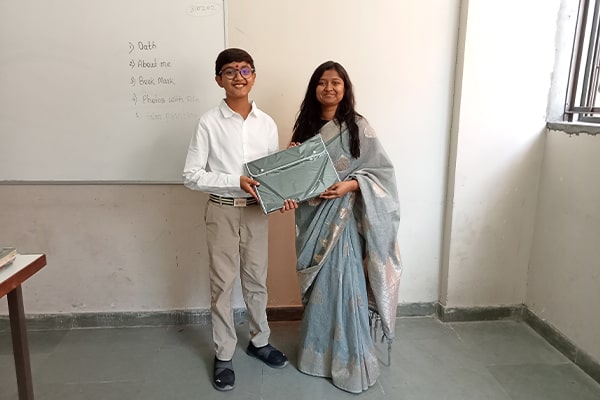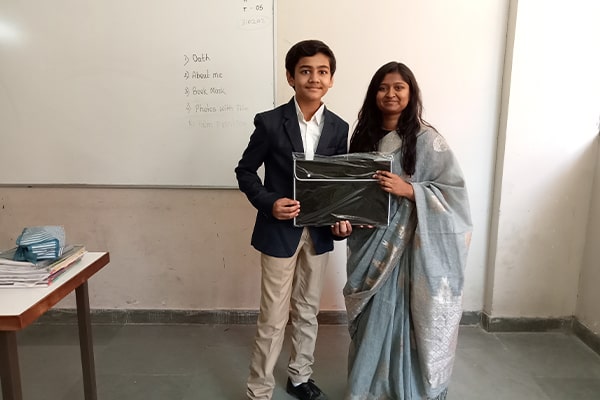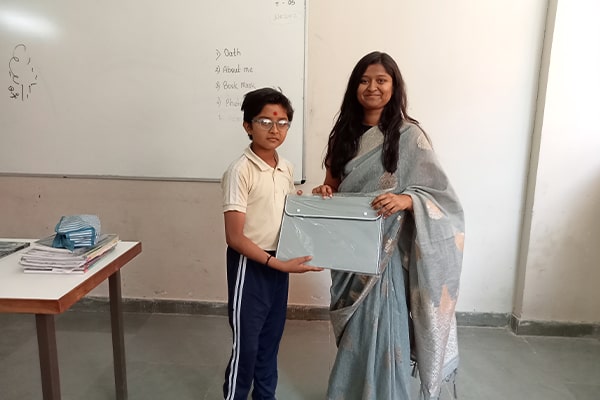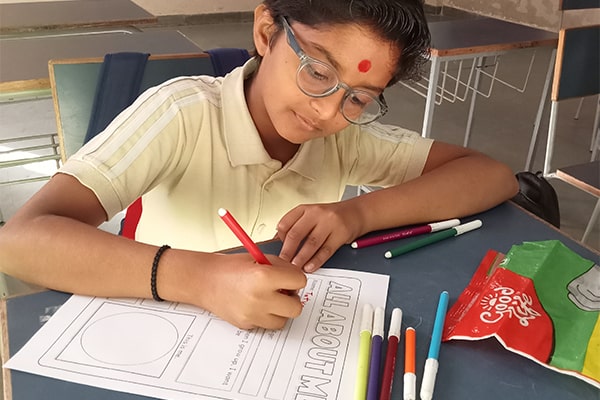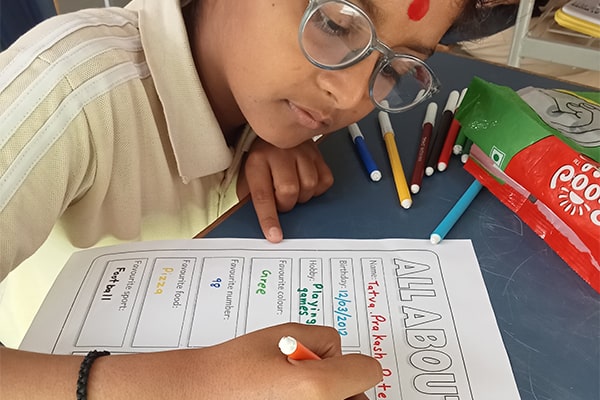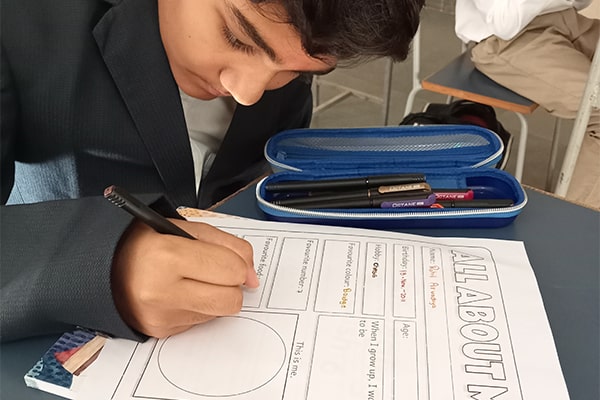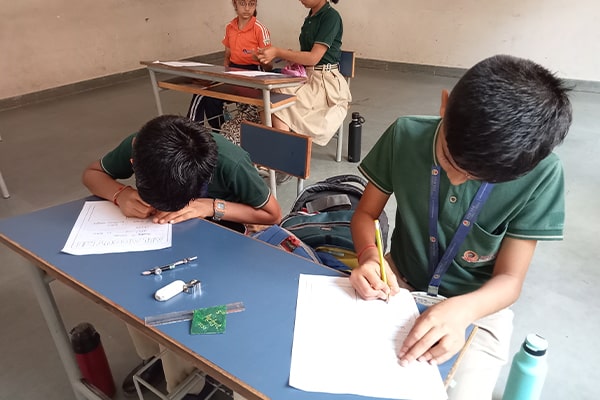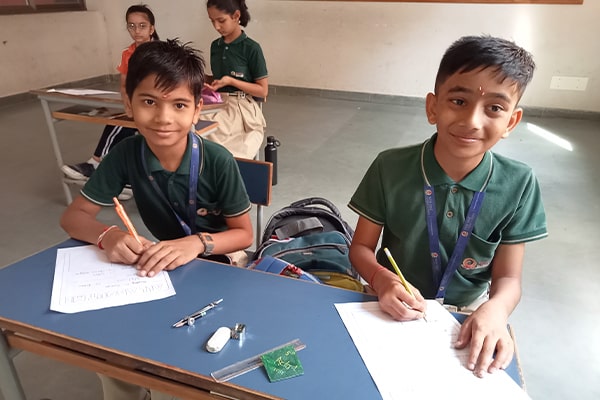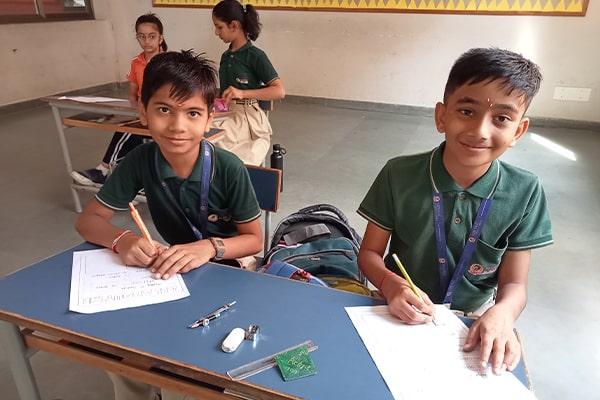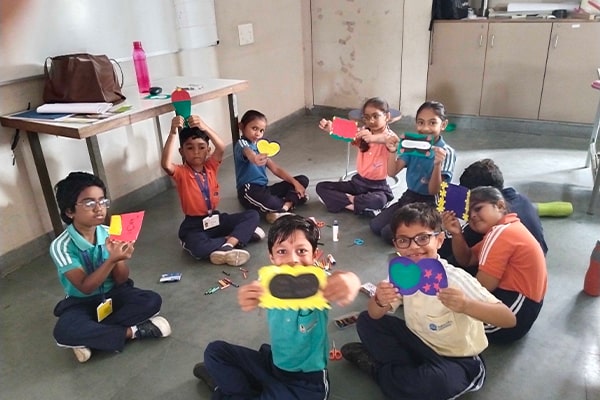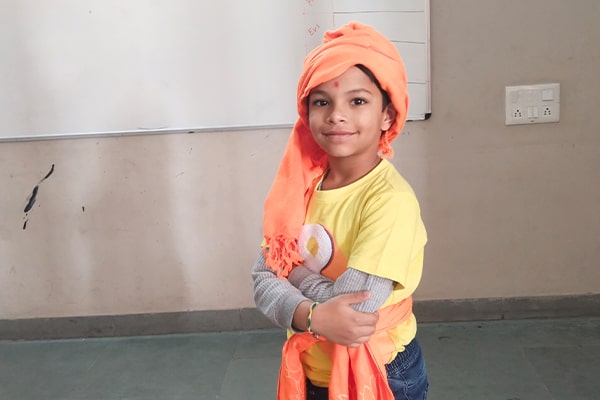The ICSE board is well-known for its comprehensive and interdisciplinary curriculum. It places a strong emphasis on both language proficiency and practical knowledge. The curriculum includes subjects like English, mathematics, science, social studies, a second language, and a wide range of elective subjects. This diversity ensures that students develop a broad understanding of various disciplines, fostering critical thinking and analytical skills.
The ICSE examination pattern is designed to evaluate students’ conceptual understanding and application skills. Unlike other boards, the ICSE assessment includes a combination of internal assessments and external examinations. The internal assessments contribute to the final grades and encompass projects, practicals, and coursework, which encourages continuous and comprehensive evaluation. The external examinations held at the end of Grade 10 test students’ knowledge through written papers in each subject. This pattern helps students handle stress and perform better in future academic pursuits.
Practical knowledge
A person who can experience things not gets an elaborate perception of the subject but also learns in a faster and clearer manner. A comparative theory applies to children. A child’s special technique for learning is to be sure through experiencing what’s happening and seeing things through a sensible methodology. This causes him to work on his theoretical data and he can choose according to current real factors.
Overall Development
A lot of people have said a lot of things about how a student should get an overall development and hence a question arises how does one quantify the term Overall development of the students. The term overall development meant a student should be developed- mentally, spiritually, physically, emotionally and socially.
“Overall Development of a Student”. A school or a parent for the matter of fact needs to understand that now apart from all these qualities there are certain qualities that should be added to the list.
World indeed has become a smaller place where the students can reach out to every nook and corner of the world with just few keywords and few clicks. To sum it up the Overall development of the students should not only include mental, spiritual, physical, emotional and social development of the student but also the need of upgrading his skills with visiting some places.
Lab Activities
Fun activities
When teachers use activities that make learning engaging and fun, students are more willing to participate and take risks. Having fun while learning also helps students retain information better because the process is enjoyable and memorable.
Why fun matters?. The evidence that fun boosts productivity is compelling. A happy work environment means fewer sick days, harder work, and greater productivity. Research shows individuals with a positive mindset are 31% more productive than those with a negative mindset – or even a neutral one. There’s another aspect to fun. Not only do we work more effectively when we’re having fun, activities that are fun are often more effective.
Classroom Physical Activity
This kind of activities create bonding between teachers and students which is the most effective teaching- learning method.
- Improving their concentration and ability to stay on-task in the classroom.
- Reducing disruptive behavior, such as fidgeting, in the classroom.
- Improving their motivation and engagement in the learning process.
- Helping to improve their academic performance (higher grades and test scores).

